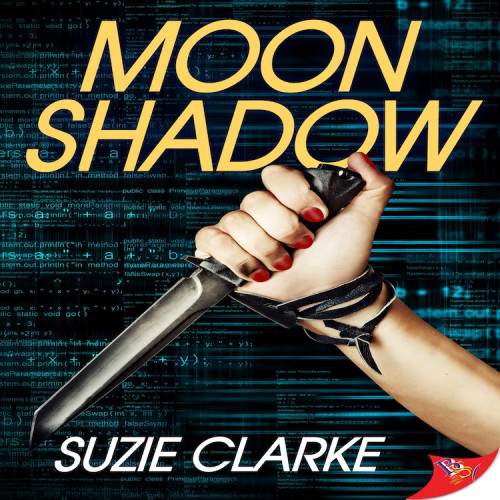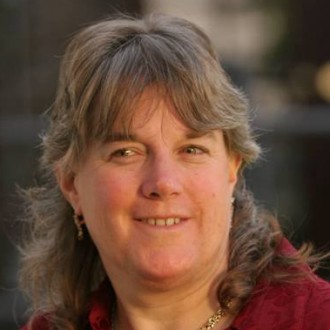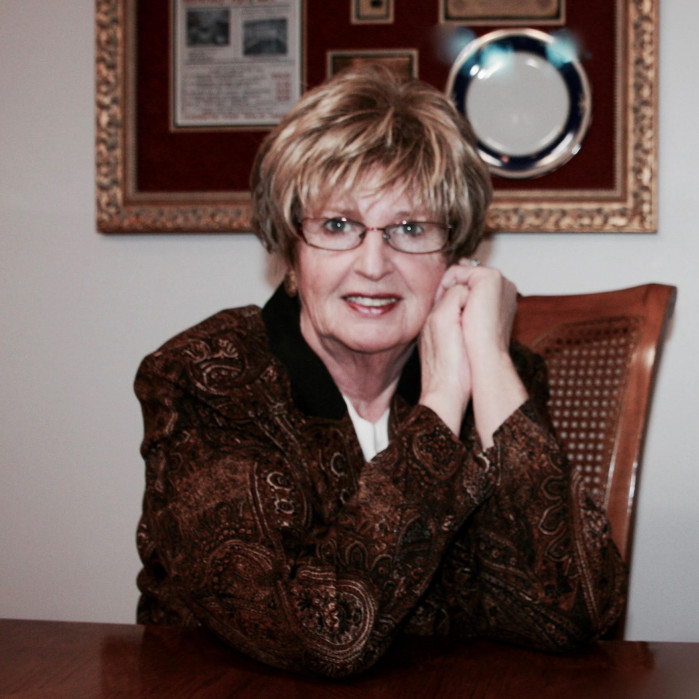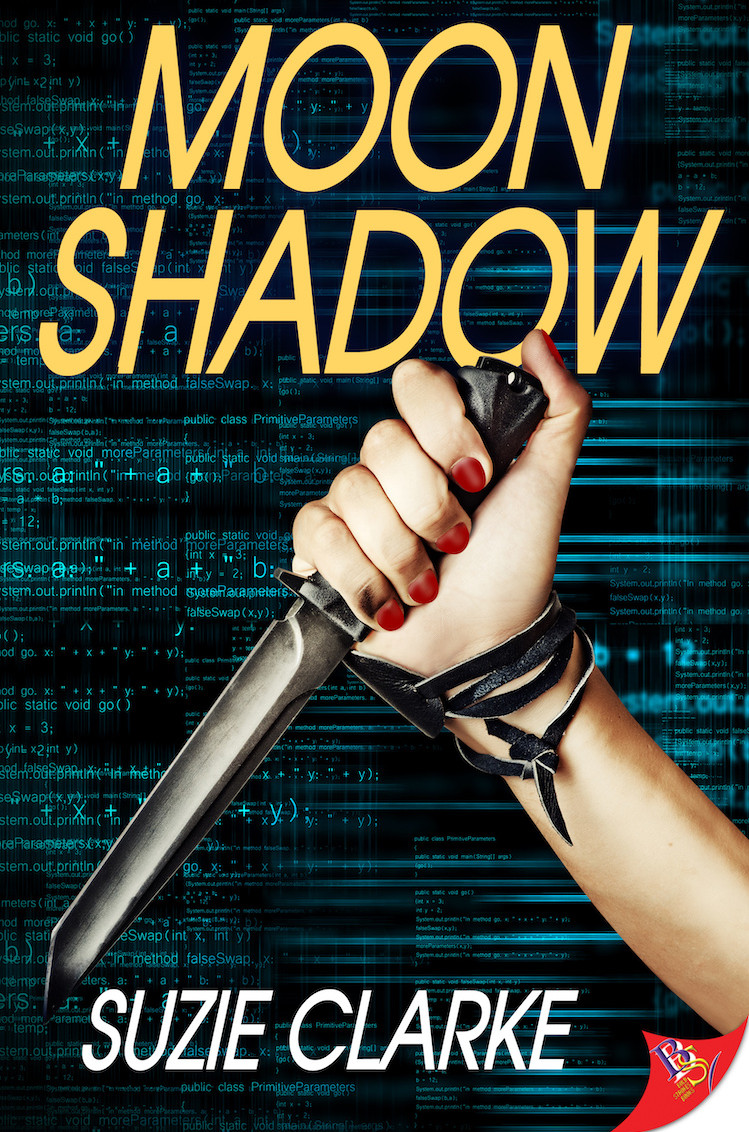Jeannie Levig interviews Suzie Clarke:
Today, we’ll be spending time with debut author Suzie Clarke and talking with her about her writing and her new release, Moon Shadow.
Welcome, Suzie, and thank you for joining us today. Congratulations on the publication of your first novel.
Hi, Jeannie. Thank you.
So, let’s get started. As most authors learn very quickly, our first book is the one we have the luxury of spending the most time developing and writing, since for most of us, that story was with us long before we even considered writing it. When did you actually start writing in general, and how long did it take from when the plot or characters of Moon Shadow first came to you until you sent it off as a submission for publication?
I can remember when I was a tadpole begging my mom or dad, aunts, uncles, or anyone who was in the general vicinity to read to me or tell me stories, and when I was old enough to read, I immersed myself in books. I was given a journal when I was about ten, and I’ve been writing ever since. The idea of Moon Shadow came to me when my husband and I were on a two-year medical mission in the Philippines. Once I got home, it took about a month to write the basic story, and about six months of rewrites until I felt it was good enough to submit.
How does it feel to be a published author? Has it changed how you see yourself in the world now that this aspect of who you are is being shared with so many people?
It’s a tremendous feeling of personal satisfaction to be published. I’m so grateful to have a respected legitimate publisher value my work enough to take a chance on me. It’s a relief because the nagging question Am I good enough? haunted me for years. I don’t think being published has changed how I see myself, but it has certainly given me more confidence as a writer.
How did you celebrate when you received the contract offer and then later when the book came out?
When I received the contract, I put my celebratory song on and turned the volume up as loud as I wanted, and then did a victory dance in my office. I’m glad no one saw me because it was a cross between the chicken dance and Elaine’s fiasco on Seinfeld. It was bittersweet the day the book came out because some of the most important women in my life had already passed away, and I couldn’t share it with them—so I went for a long walk in the woods. Don’t be sad—it was a good walk.
Having gone through the editing and publishing process one full time now, was it what you expected or were there surprises along the way?
Oh, there were some surprises for sure. I have come to realize the easy part is writing the story, but the real work begins after you sign that contract. It was hard, but it was a good experience, and Bold Strokes Books staff have been nothing but professional and willing to help me through the entire process. And I know the story is better for it. I went through a lot of chocolate and took a lot of walks.
A lot of readers seem to be interested in how a writer puts a story together and into words, so I always ask the pantser verses plotter question. What kind of writer are you? Are you a plotter or a pantser, or something in between?
I’m probably more of a pantser. I come up with an idea of a story, but sometimes all I have is the concept of an ending. I try not to restrict the story and let it flow out naturally as I write it.
And do you feel as a writer you are more character driven or plot driven?
I’m definitely character driven. I feel very connected to the characters once they are developed within the story. And when that happens, the story is theirs, and I’m with them all the way.
Can you share some other aspects of your writing process with us? For example: Do you schedule your writing time or wait for inspiration? Do you write your scenes sequentially and in chronological order or whenever they come to you?
I don’t write every day. It’s useless for me to try to write if I don’t already have a strong story idea. All I do is sit at the computer with my arms folded and stare, and the next thing I know I’m on the internet playing games. I try to have four or five story ideas on the board at all times. Once I’m ready to start writing a story, it’s not unusual for me to write twelve to sixteen hours a day. I try to take at least one day a week off when I’m into a story, but if I’m immersed in a story, it’s hard to stop. I put a working draft away for a few weeks at a time, and then pick it back up and rewrite. I usually write a story sequentially. When a story is done, and I send it off to the publisher, I reward myself by taking a few weeks off from writing. I find it helps my creativity and refreshes me.
Do you feel your writing style comes naturally to you, or is it something you’ve worked on?
That’s a great question. I think it’s hard for a writer to see or realize their own writing style—at least it is for me. I’ve worked hard on the craft of writing, the technical aspects, but I think my writing style is in me, like being left-handed or loving nature.
Now, let’s get down to talking more specifically about your debut novel, Moon Shadow.There’s a lot going on in this book, and it has a complex and multilayered plot. And it is a romantic suspense, so without giving away any secrets, can you tell us what the original seed for this story was and how it grew to its maturity? In other words, which element of the story came to you first?
Yes, it is a very complex story, but when you deal with the human condition, you expose a myriad of emotions, and complexity is an intimate part of it. I knew the main character had to be business savvy, accomplished, and skilled. I think the original seed of the story came from my sense of wanting to get even with my three brothers by opening up a can of female whoop-ass. I realized quickly this story would require complex characters because this was not going to be an easy journey for these women. Frankly, I didn’t want it to be easy for them because I felt like it would have been a cheat. Writing about Rachel’s struggle within herself was foremost in my mind. We are all so complex, but in the end most of it is just about wanting to be loved and accepted by those we care about.
Rachel, one of your main characters, is of Native American heritage, and I found her backstory and the way you wove it into the plotline extremely interesting. It also made all of the survival techniques your characters needed in order to endure after the plane crash believable and authentic, making me feel as though I was going through their challenges with them. Does any of that come from your own background and life experience?
I’ve almost died four times, including drowning, a car crash, cancer, and a sudden life-threatening emergency. I’ve learned up close and personal that life is very precious. I’ve always read that you should write what you know about. I think writers have to have a strong imagination, and I’m sure my life experiences have added to my imagination to create this story.
I noticed from reading your bio that you have a background in business, public health, and working with women’s health issues, as well as an interest in backpacking. How much of your own knowledge and experience went into this story, and how much research did you need to do? What specific areas did you need to research?
My professional work as a registered nurse, a county health commissioner, and my everyday life experiences poured into the elements of the story. Due to some unforeseen circumstances, I spent ten days alone backpacking on the Appalachian Trail, and that experience alone had a strong influence in what the characters went through to survive. I don’t think I could have written this particular story without all those experiences. The most difficult part of the story was researching the terrain in specific parts of Alaska, the technical parts of a plane and how it would react, and Rachel’s character in relation to her being part Native American.
Do you have anything else in the works? If so, what is it, and when can we expect it?
Yes, I have several things but not a lot I can talk about right now, except to say readers are going to hear more from Rachel and Claire in 2021.
And one last random question about you, just for fun. If you could have any magical or super power, what would you choose and why?
I’d like to be able to fly. I’m sure it comes from wanting to soar!
Thank you so much, Suzie, for taking the time to share yourself and your new book, Moon Shadow, with our wonderful Bold Strokes family of readers, writers, editors, and all the amazing BSB folks who make our books possible. I look forward to your future work.



